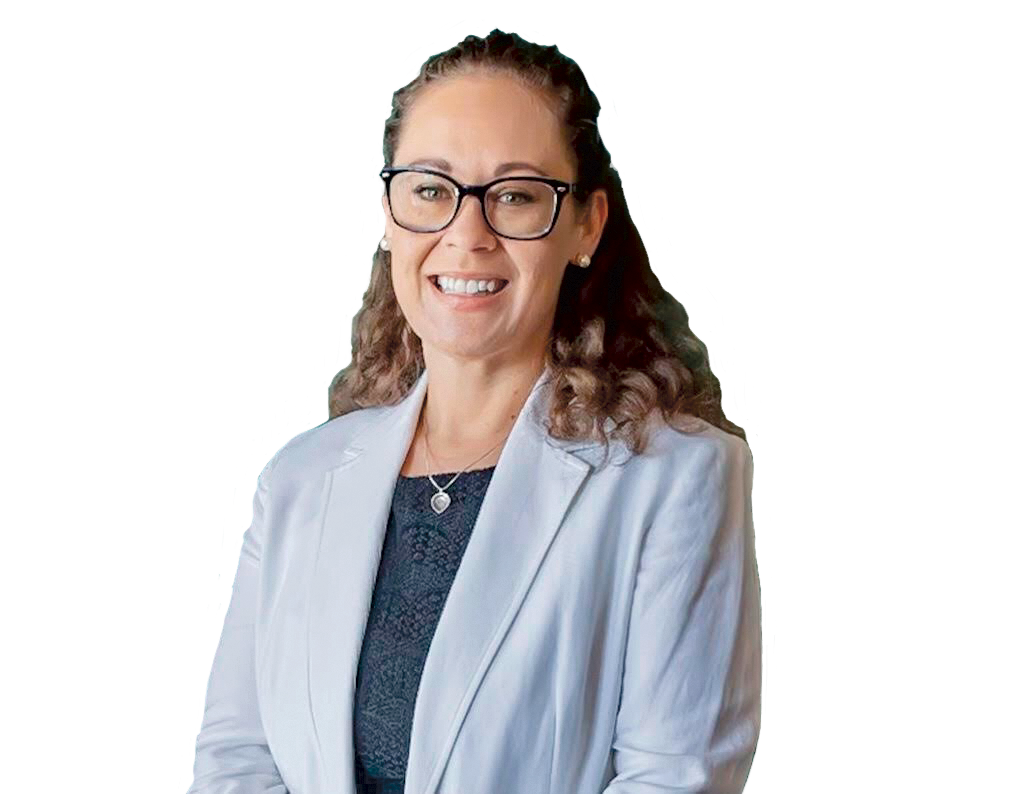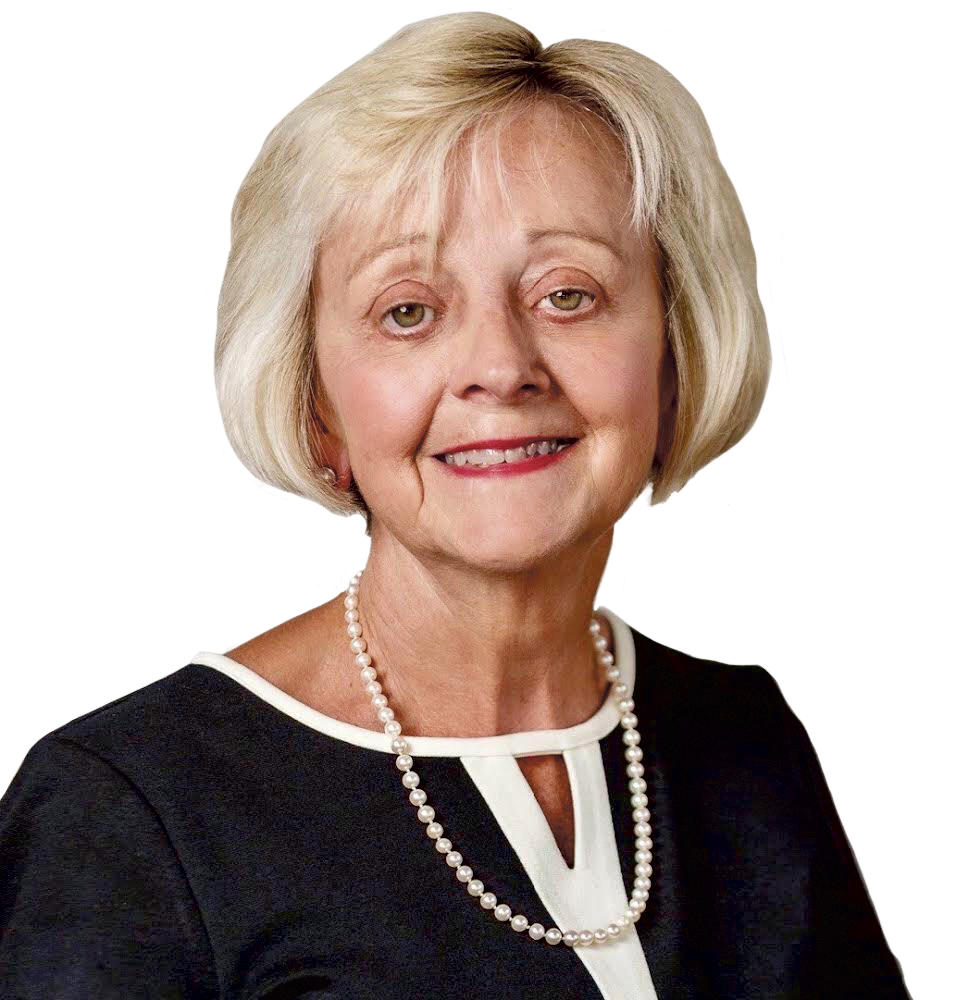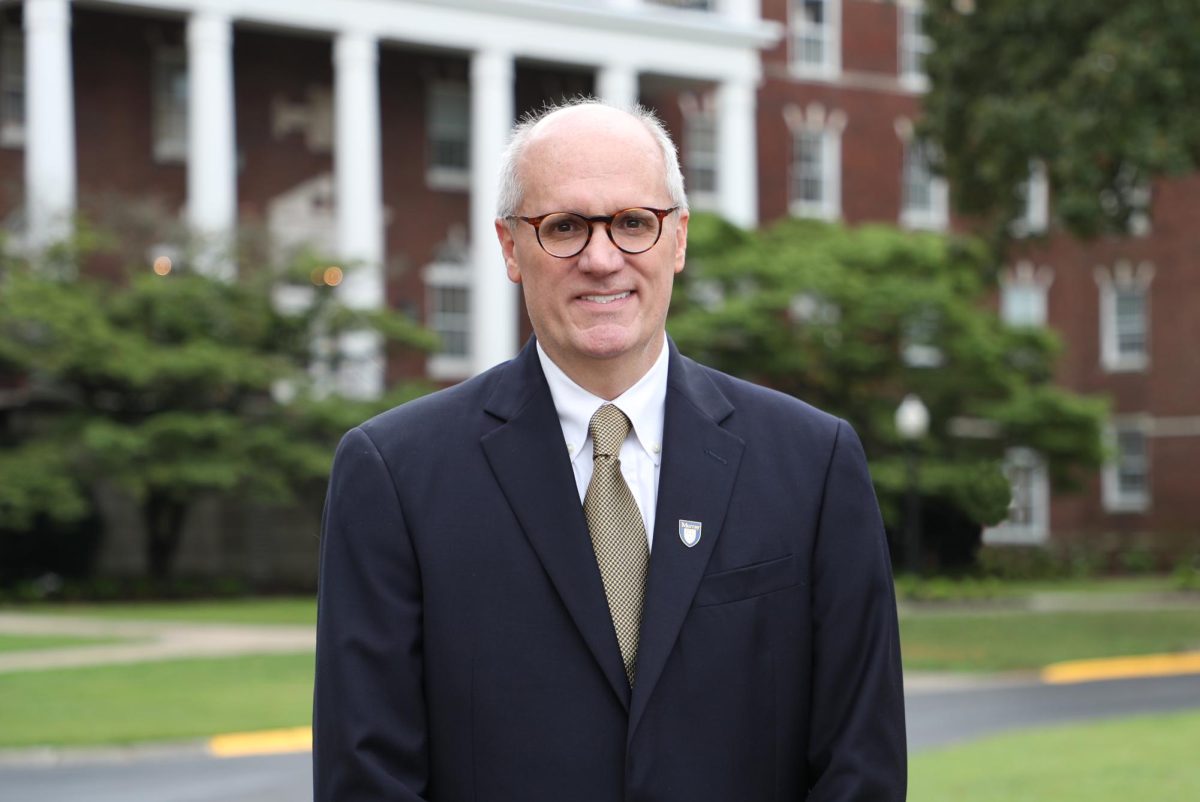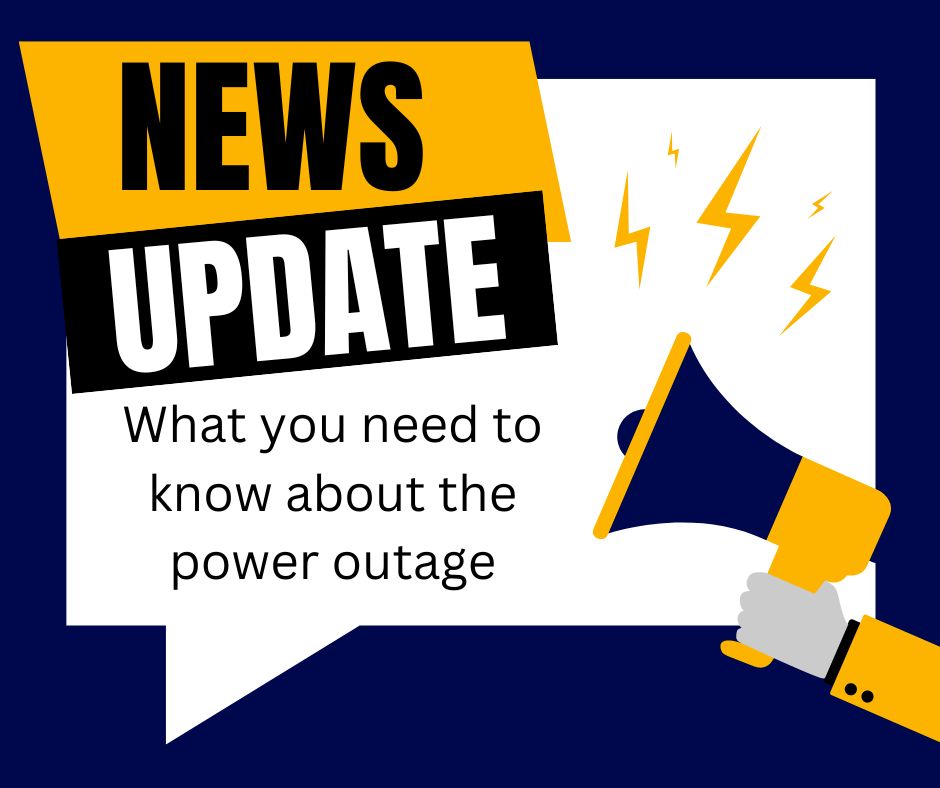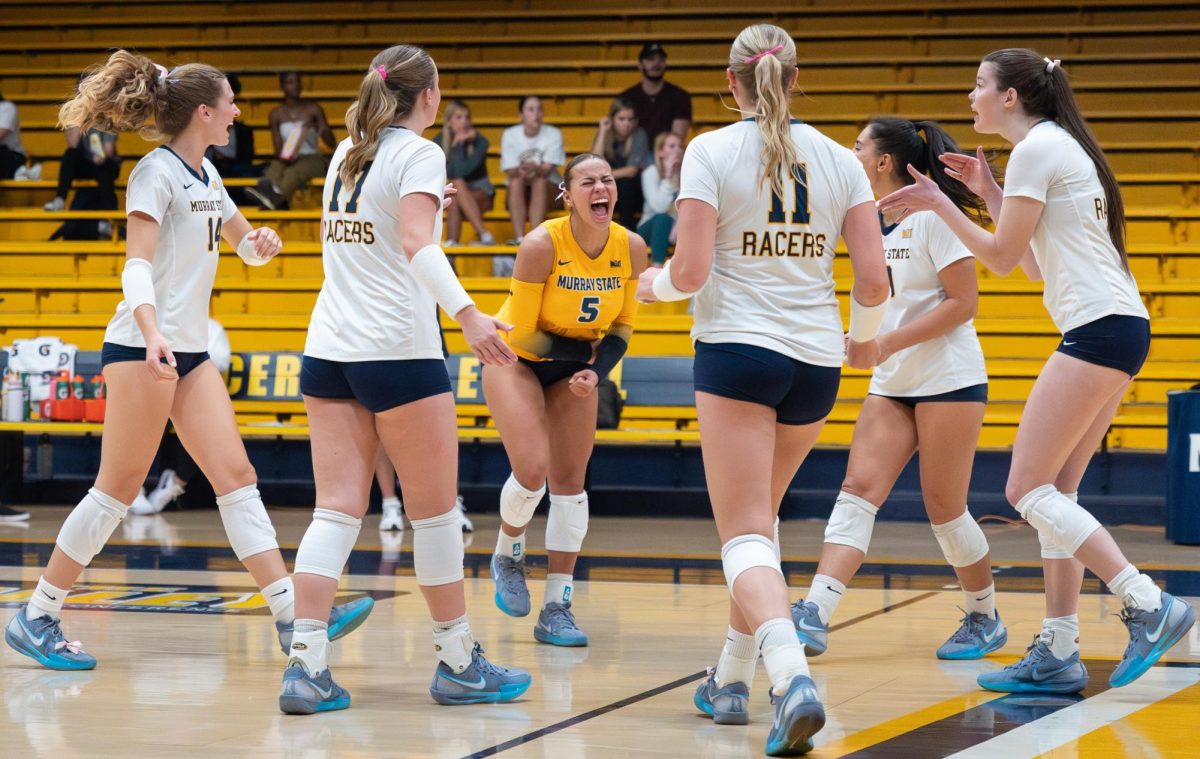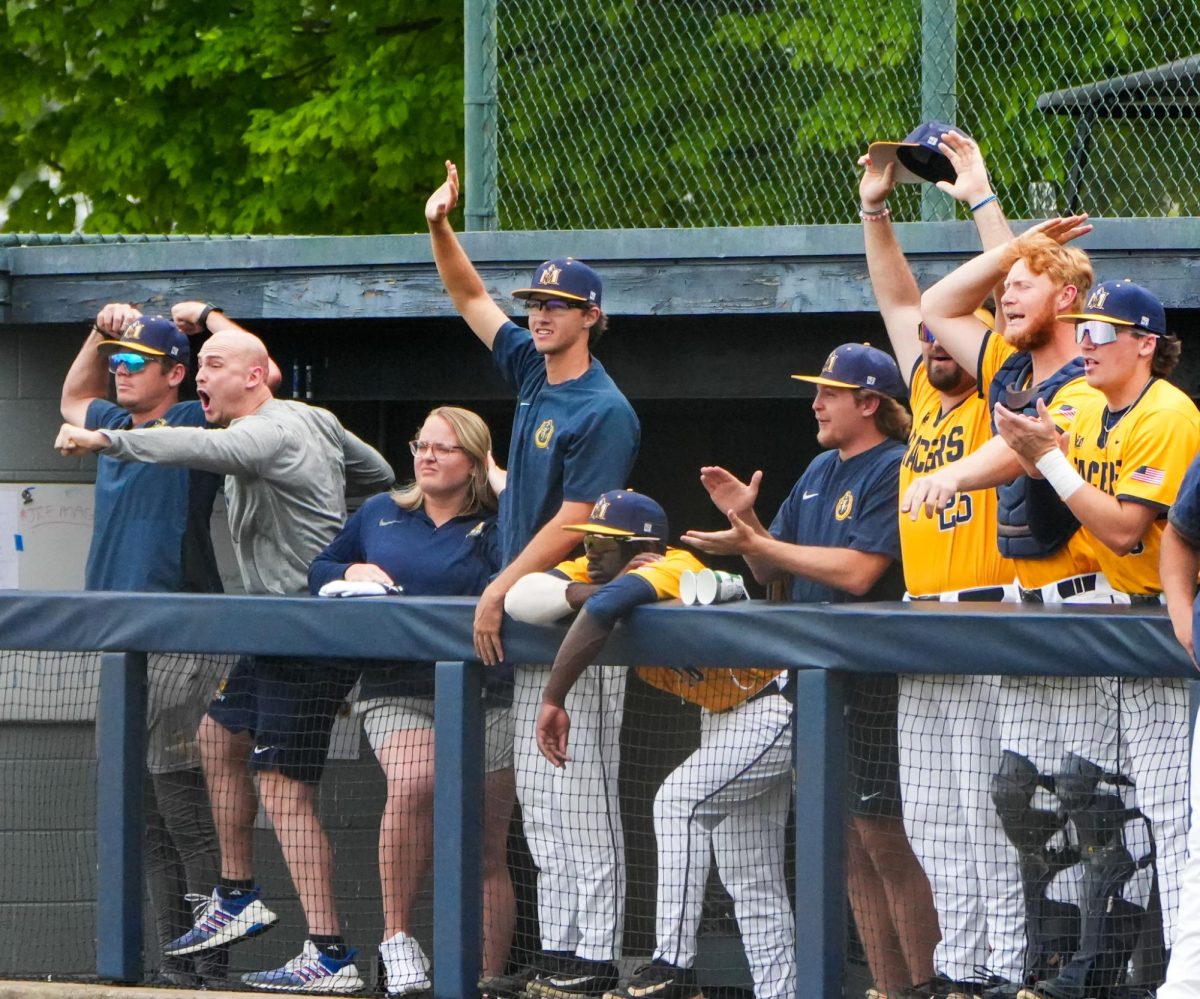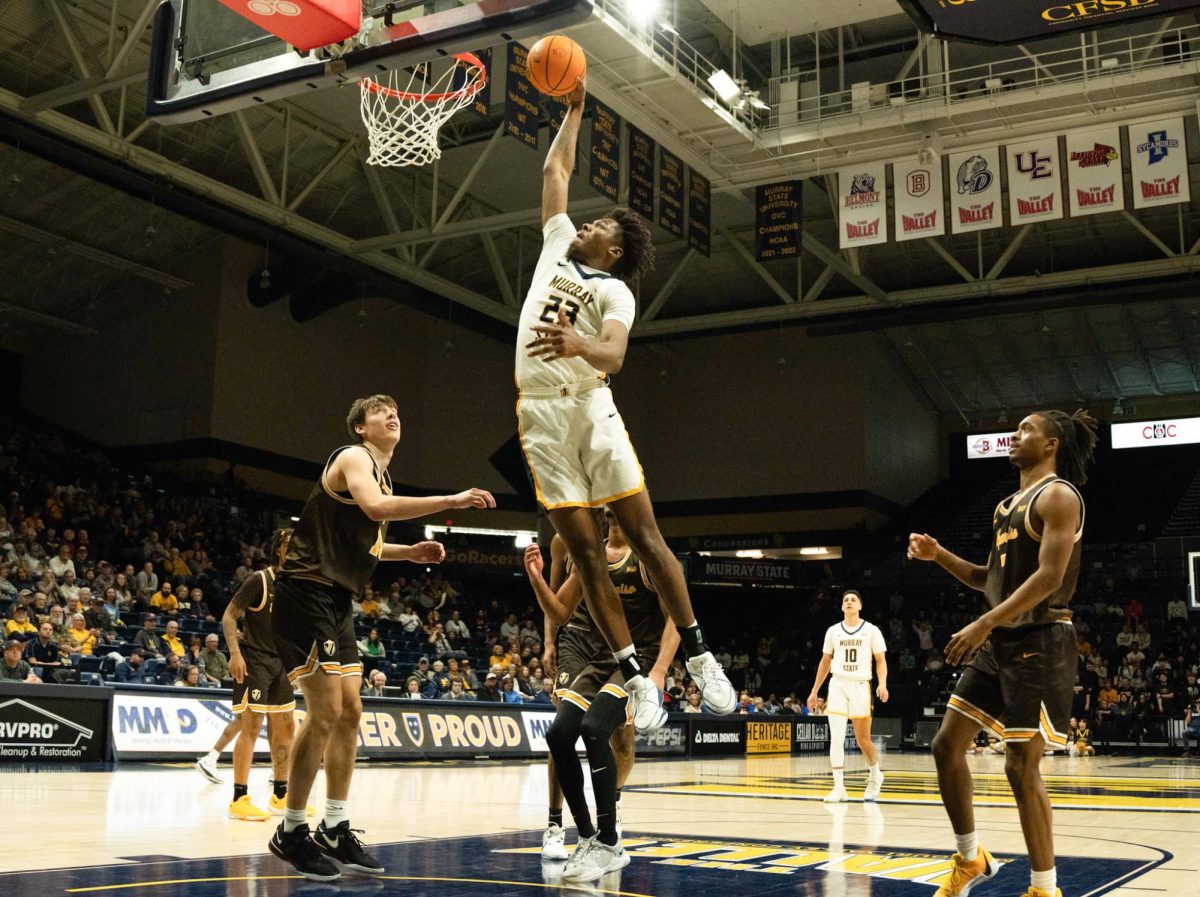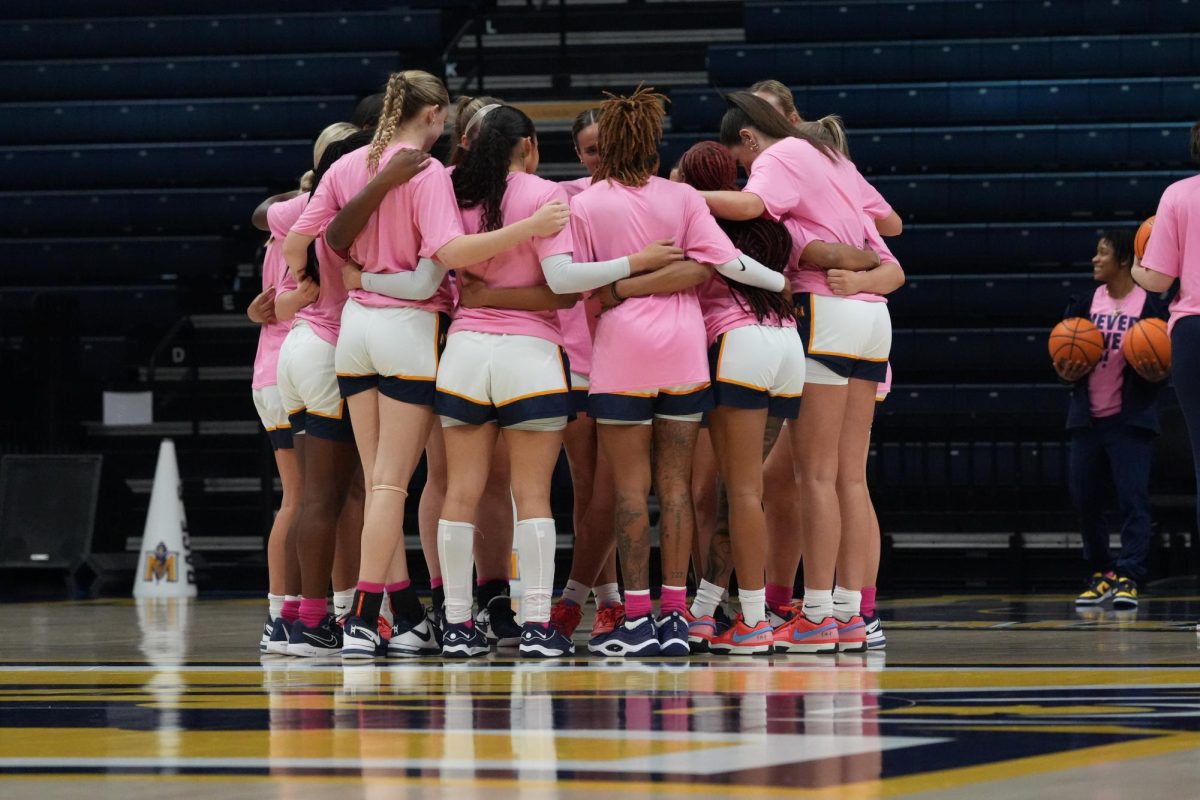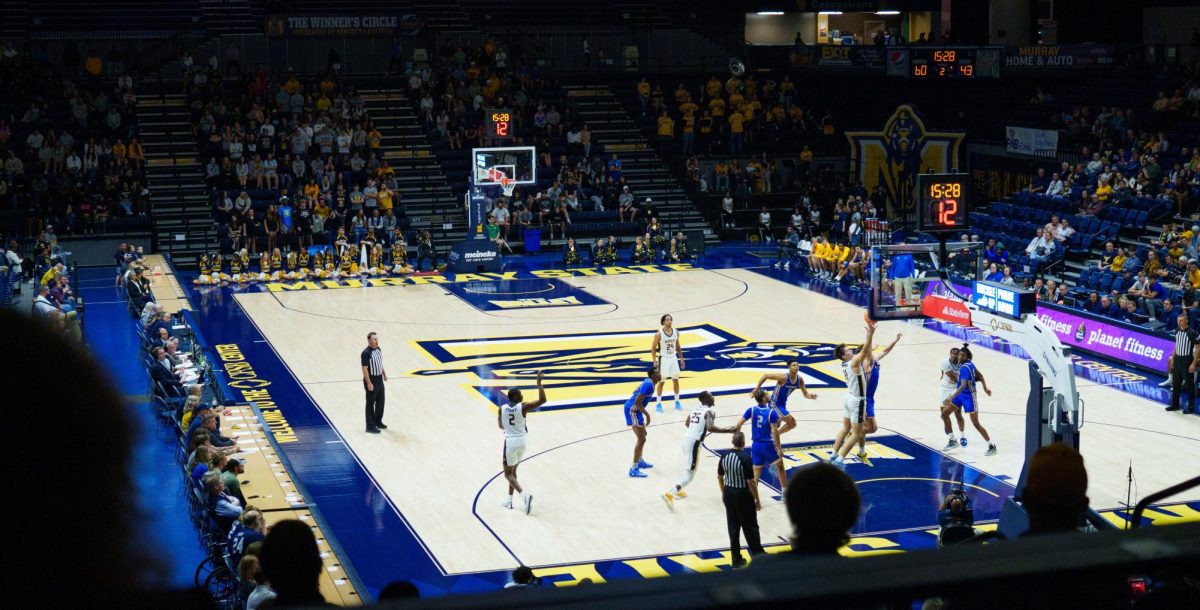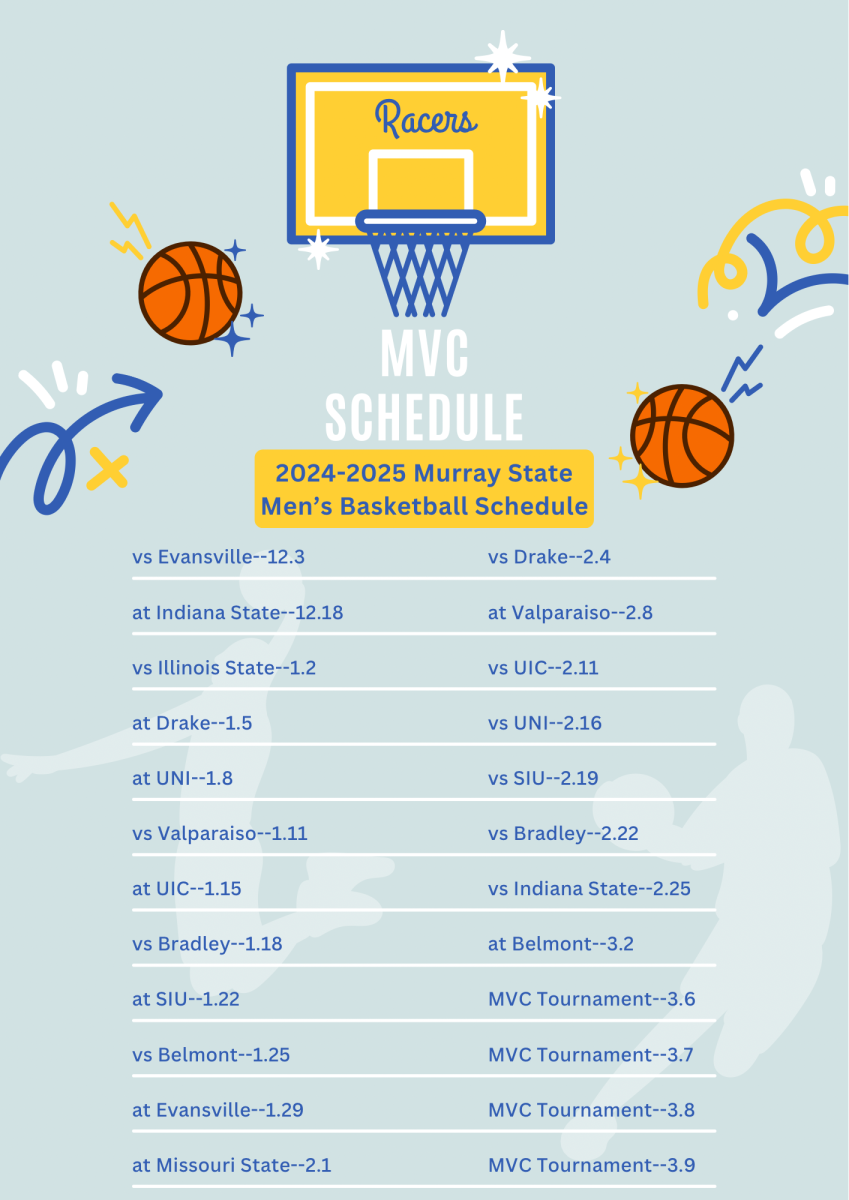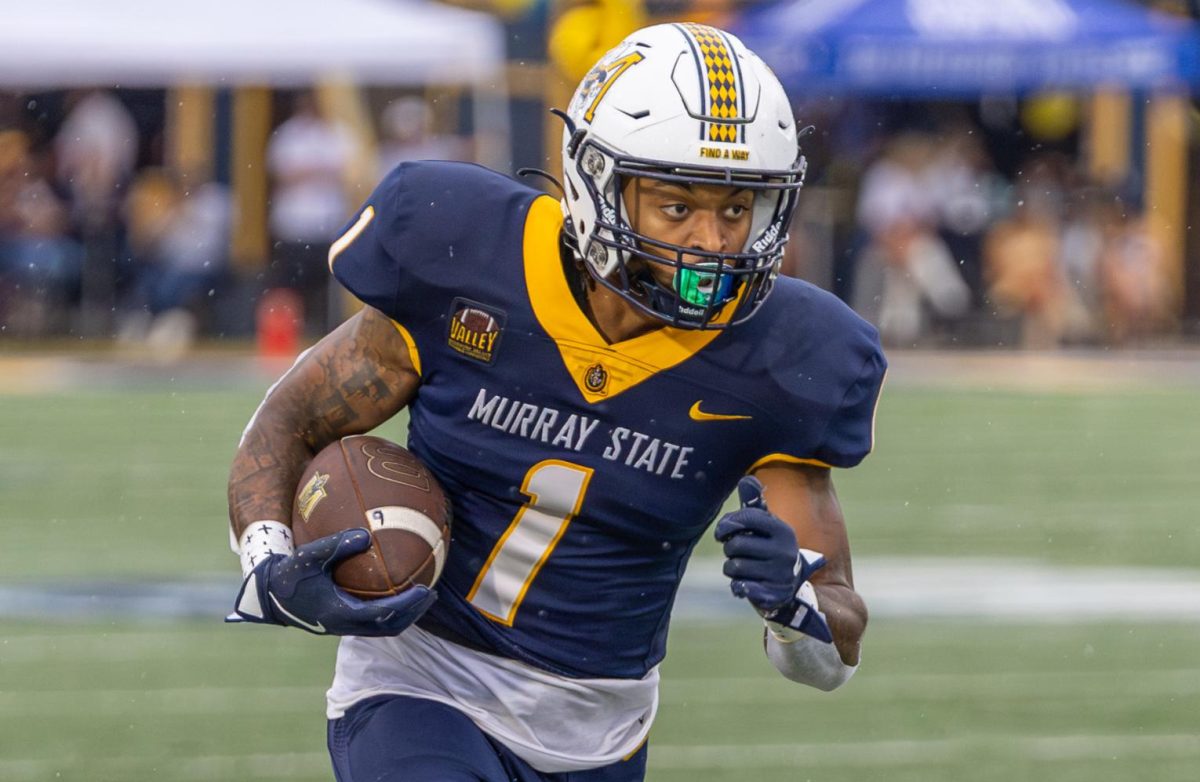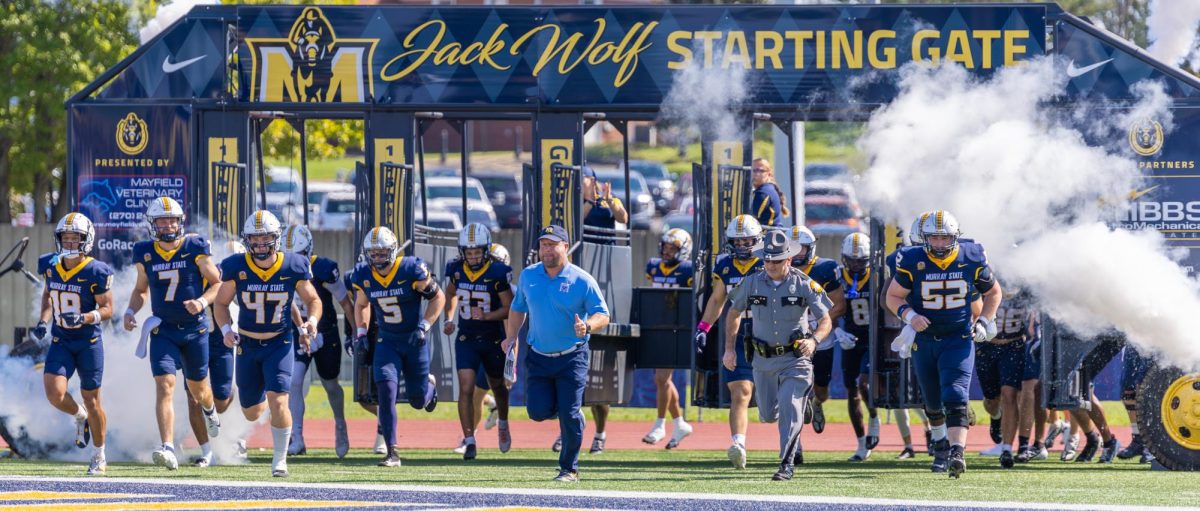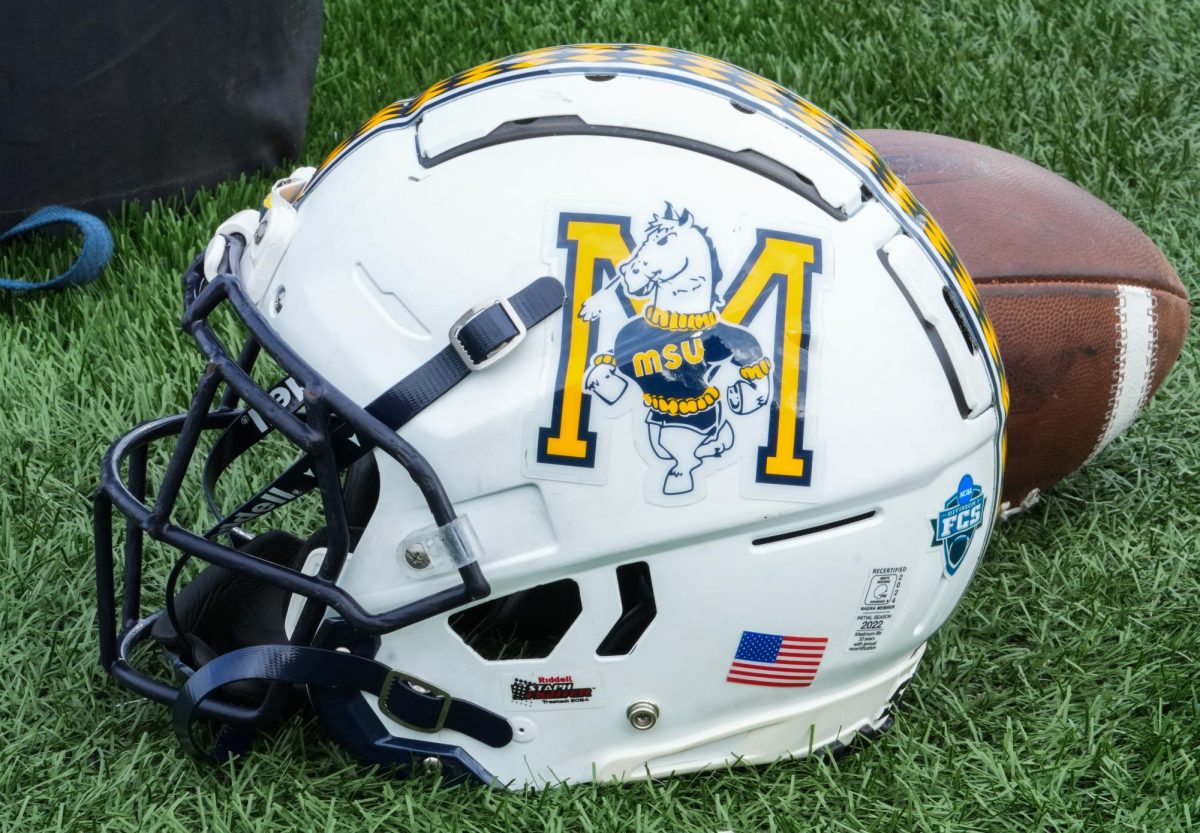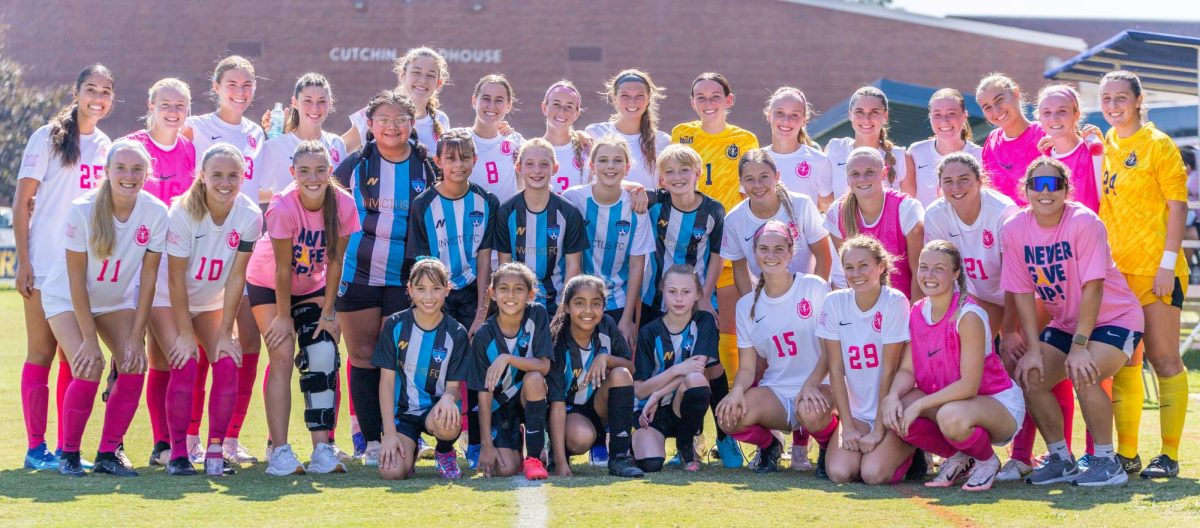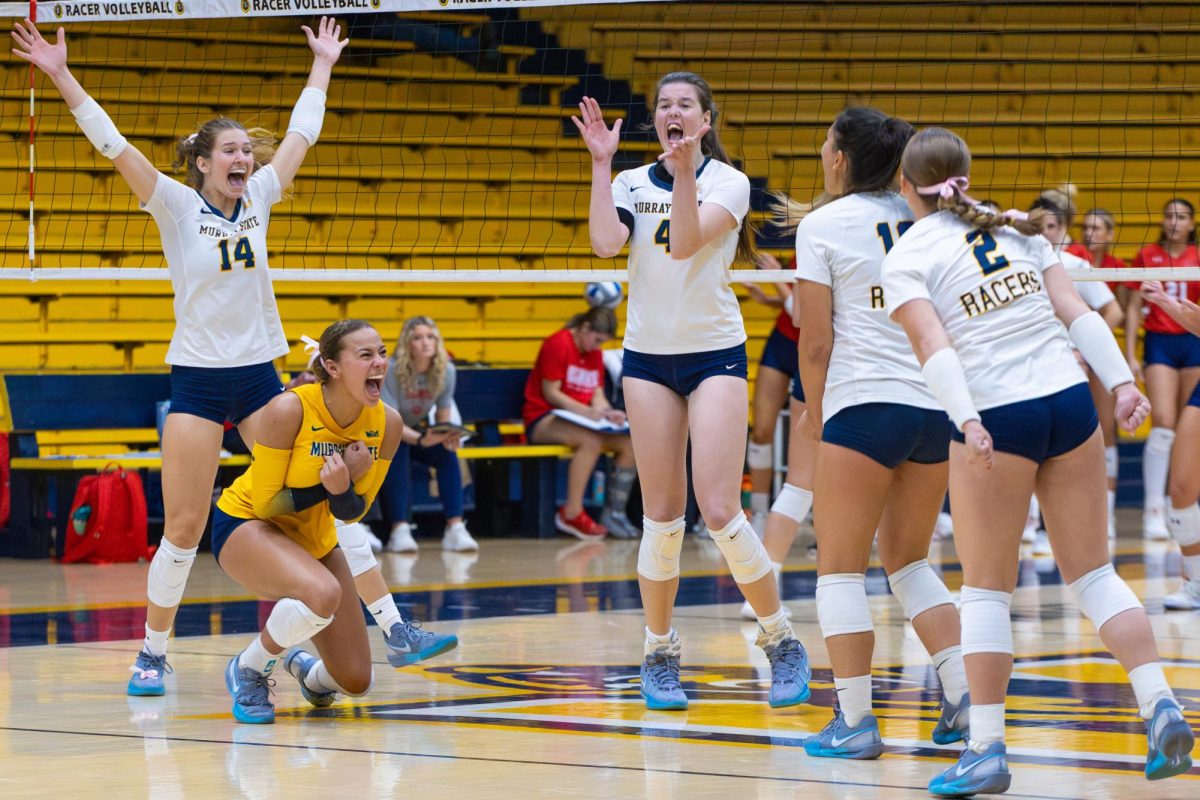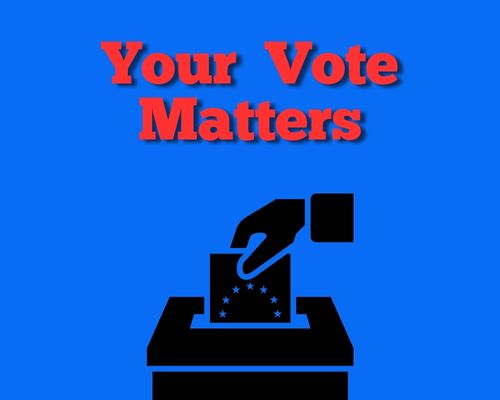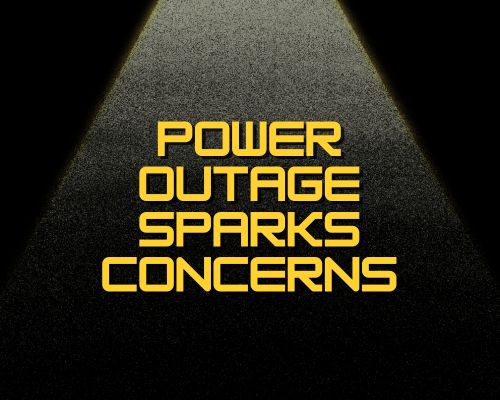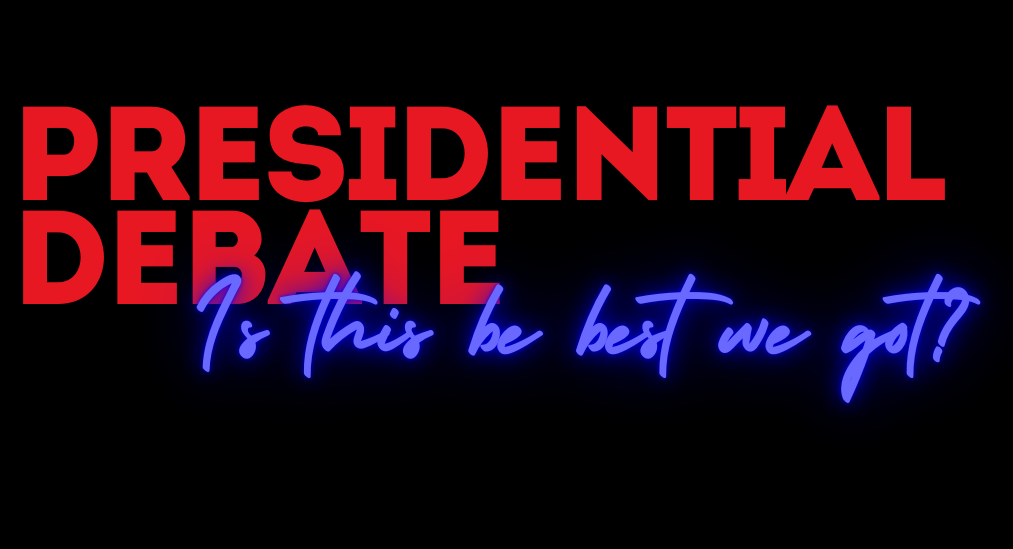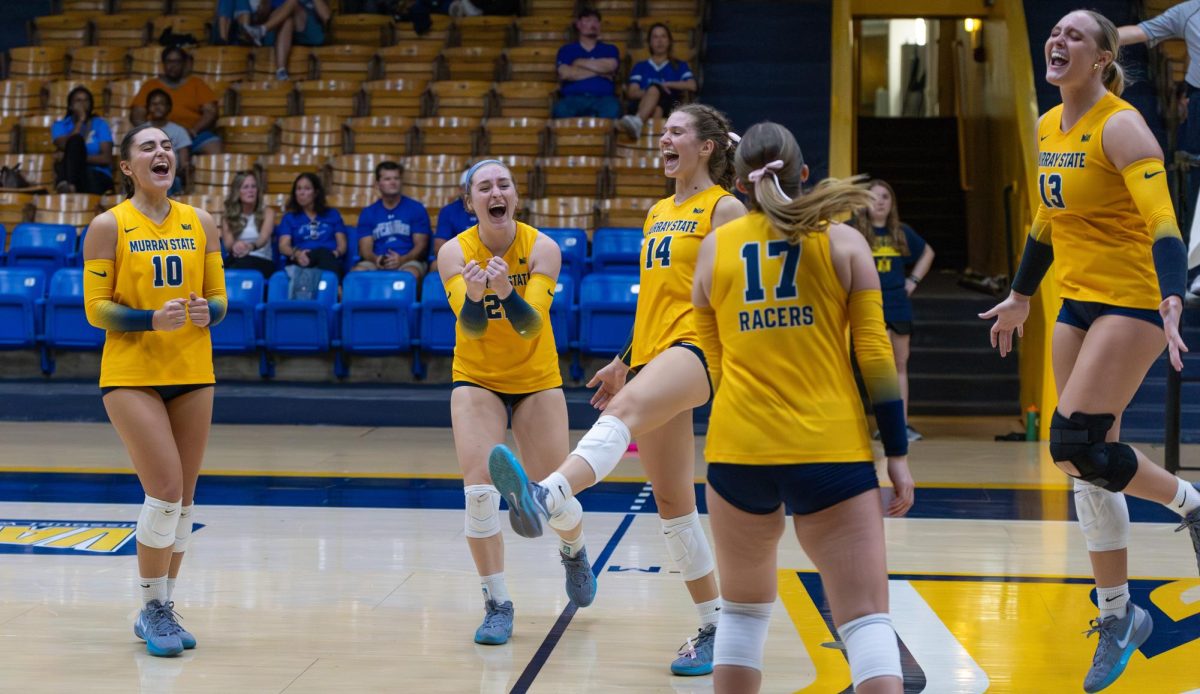Our view: Twitter Blue risks safety of users
May 4, 2023
After firing over 6,000 employees and offering to reinstate former President Donald Trump’s banned account, Tesla founder and tech billionaire Elon Musk’s acquisition of social media platform Twitter has been nothing short of chaotic and messy.
The most change came from Musk’s Twitter Blue verification service. First released on Dec. 12, 2022, Twitter Blue allows users to buy a blue checkmark for $8 per month. If subscribed, users get the ability to edit their Tweets and use more characters per Tweet than other users.
Originally, there was no way to tell the difference between an account verified for its merit versus an account subscribed to the Twitter Blue service. This led to multiple issues and public concern with verification, affecting the safety of online communities and the economic safety of businesses.
Pharmaceutical company Eli Lilly & Co and arms and defense dealer Lockheed Martin Corp were some of Twitter Blue’s first and most prominent victims.
An account impersonating Eli Lilly & Co posted about their free insulin prices, and as a result, the company’s stock dropped by approximately 4%, according to The Washington Post. This impersonation cost the corporation billions of dollars in stock prices but opened the company up to positive conversation about their inflated insulin prices.
Lockheed Martin Corp suffered a similar fate when a parody Twitter account Tweeted about halting all arms business with the U.S., Saudi Arabia and Israel because of human rights violations. As a result, the corporation lost over $7 billion in stock prices.
We at The News believe these corporations’ losses could have been avoided if Musk had not distorted the importance of identity verification.
The main issue of Twitter Blue stems from the most recent update to the policy. All users who received verification for their notoriety like celebrities and journalists had their verification marks removed and were asked to pay for the service. This leaves these users without the ability to ever fully verify who they claim to be and leaves them vulnerable to harmful impersonation.
We at The News believe verification should be free because it is meant to protect the consumer and allows for true engagement.
Verification on social media began as a way to dissuade people from impersonating important people online. Journalists largely benefited from the introduction of the blue checkmarks because their readers could verify their news was coming from a credible source. Coming out of the pandemic, where misinformation and conspiracy theories were spread by false sources on social media, it is very troubling Musk wants to worsen the problem, not fix it.
With concerns of “fake news” and misinformation running rampant on all sides, it is no surprise why Elon Musk would approve this service.
Twitter’s revenue has fallen by approximately 50% since Musk acquired the social media site, according to Bloomberg. Major companies that once provided a good portion of Twitter’s ad sales backed out future advertisement deals since Musk bought the platform. Companies like Coca-Cola, Ford and Chipotle no longer run advertisements on Twitter.
With these major revenue losses, Musk is willing to risk the safety of the platform and its users for a quick buck.
Musk banked on celebrities paying for Twitter Blue to keep their blue checkmarks, but the opposite effect occurred. Celebrities like LeBron James and newspapers like The New York Times have been public with their dislike and refusal to pay for the service.
The blue checkmark has become a symbol of shame for Twitter users, and celebrities have shown they are not willing to pay for it.
Twitter Blue is the latest example of Musk’s reckless attempts to increase Twitter’s profitability with random ideas that do not support its users on the platform. Musk should not be throwing the safety of Twitter’s users away to break even on a questionable financial decision.


